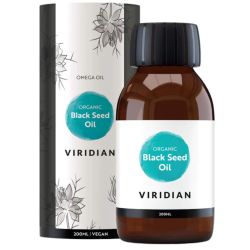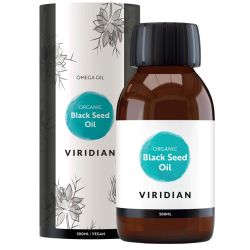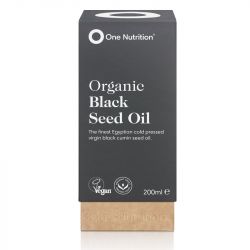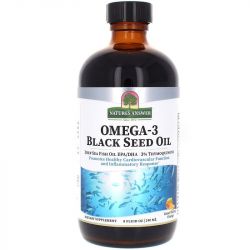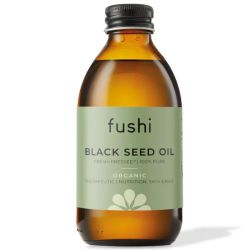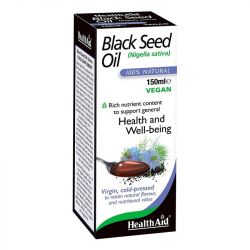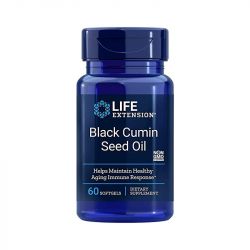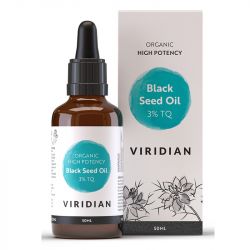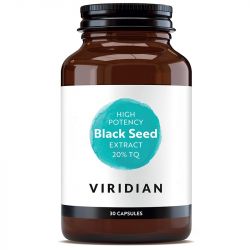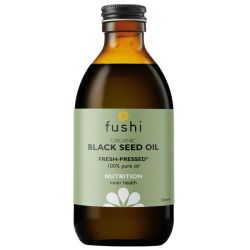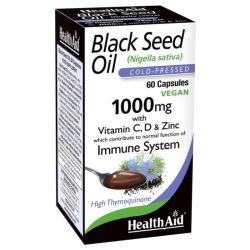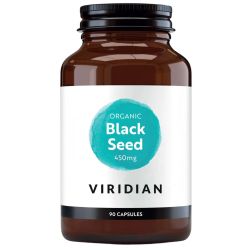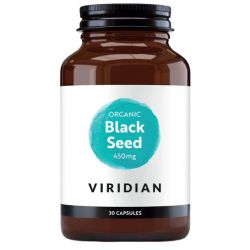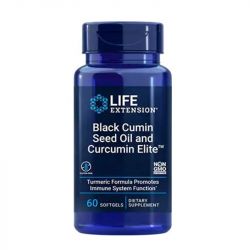Black Seed supplements
Black seed, scientifically known as Nigella sativa, is a flowering plant that is indigenous to various regions, including the Mediterranean, Southwest Asia, and parts of North Africa. Celebrated for its tiny black seeds, commonly referred to as nigella seeds or black cumin seeds, this plant has been used for centuries in traditional medicine. Black seed oil, extracted from the seeds, is often used for its rich profile of bioactive compounds, including thymoquinone, which is known for its antioxidant and anti-inflammatory properties.
Many individuals take black seed oil to support immune function, enhance respiratory health, and promote skin wellness. Additionally, it may aid in managing conditions such as asthma, allergies, and digestive issues.
Typical supplementation involves taking 1 to 2 teaspoons of black seed oil daily, allowing users to effectively experience its numerous health-promoting effects.
- Viridian Organic Black Seed 450mg Veg Caps 90Special Price £20.52 Regular Price £25.65Out of stock
All you need to know about Black Seed
What are the benefits of Black Seed?
Black Seed has been used as a traditional herbal treatment for many health and beauty conditions for centuries. When consumed, Black Seed is thought to treat health conditions such as blood pressure, inflammation, headaches, and aches and pains. Black Seed oil also have many benefits when used topically (surface of the skin). It is believed to have a powerful ability to treat skin conditions (like psoriasis, eczema, dry skin, acne, and vitiligo) and support hair growth. You can find our more detail on the benefits of Black Seed Oil here.
How much Black Seed Oil should you use?
One teaspoon of Black Seed Oil a day (5ml) is enough. It is not advised you cook with Black Seed Oil, instead it can be taken alone, drizzled onto a salad, or mixed into a smoothie. Exposing heat to this oil can reduce its potency. It is important to speak to your healthcare advisor if you want to take more.
Should you buy Black Seed Oil Liquid or Black Seed Oil Capsules?
Both Black Seed oil and capsules are effective in supporting healthy lifestyle. Perhaps when considering which form of Black Seed you should buy, think about the reasons you want it for. If your primary concern is skin conditions, then Black Seed Oil can be applied directly to the skin. If the taste may concern you, and you want to support other health concerns, a Black Seed capsule or soft gel may be a better choice.
How does black seed support immune function?
Black seed contains thymoquinone, which has immunomodulatory effects that may enhance the body's immune response and protect against infections.
Can black seed oil help with asthma or allergies?
Black seed oil is often used to alleviate symptoms of asthma and allergies due to its anti-inflammatory properties, which can help open airways and reduce respiratory discomfort.
Are there any side effects of black seed oil?
Black seed oil is generally safe for most people, but some may experience mild gastrointestinal discomfort or allergic reactions.
How long does it take for black seed oil to work?
Users may begin to notice improvements in skin health and respiratory function within a few weeks of consistent black seed oil supplementation.
Can I take black seed oil with other supplements?
Black seed oil is generally safe to combine with other supplements, but it’s best to consult a healthcare provider for personalised advice, especially if you are on medication.
What is the best time to take black seed oil?
Black seed oil can be taken at any time, but consuming it with meals may enhance absorption and reduce the risk of gastrointestinal discomfort.

